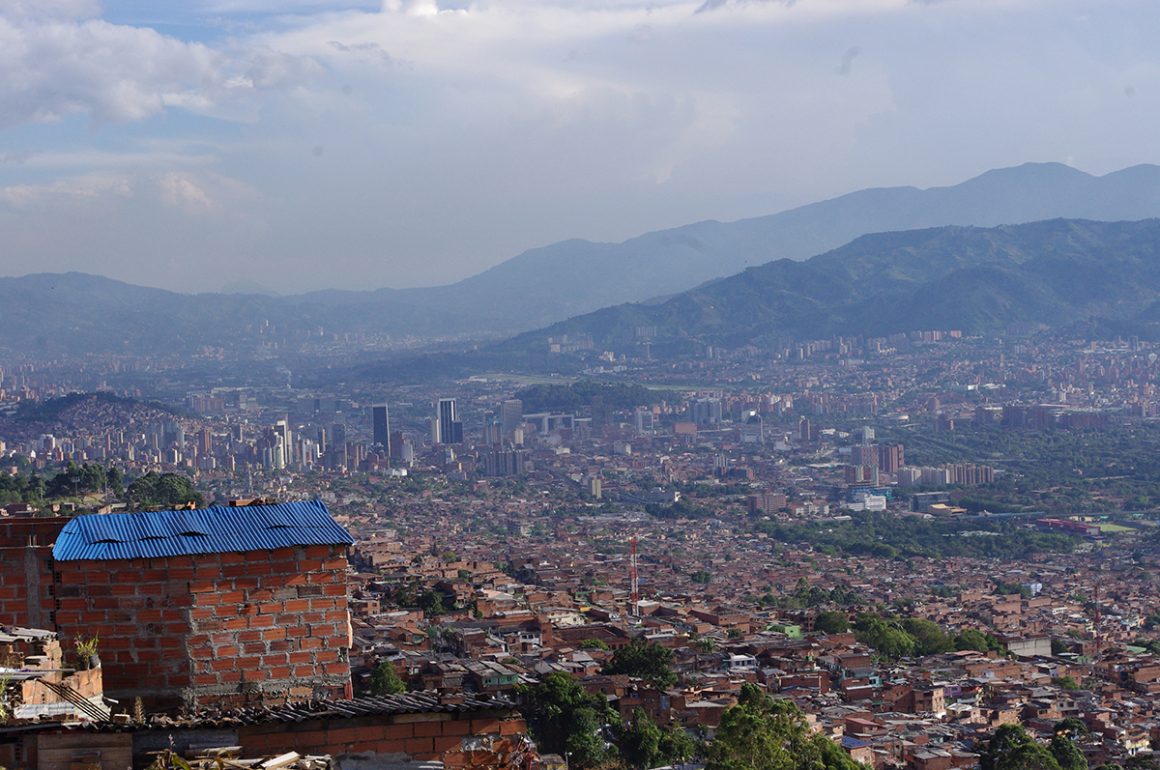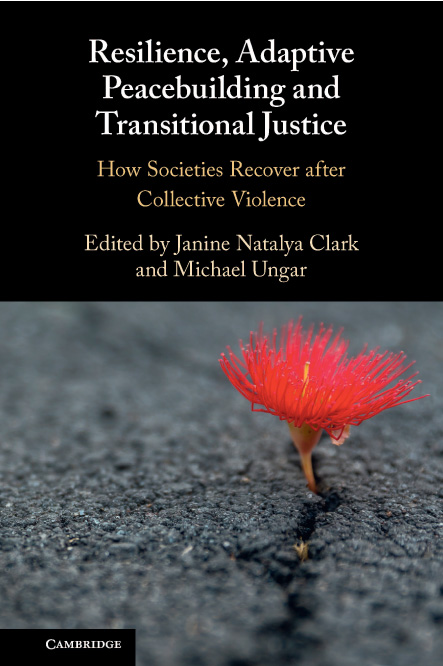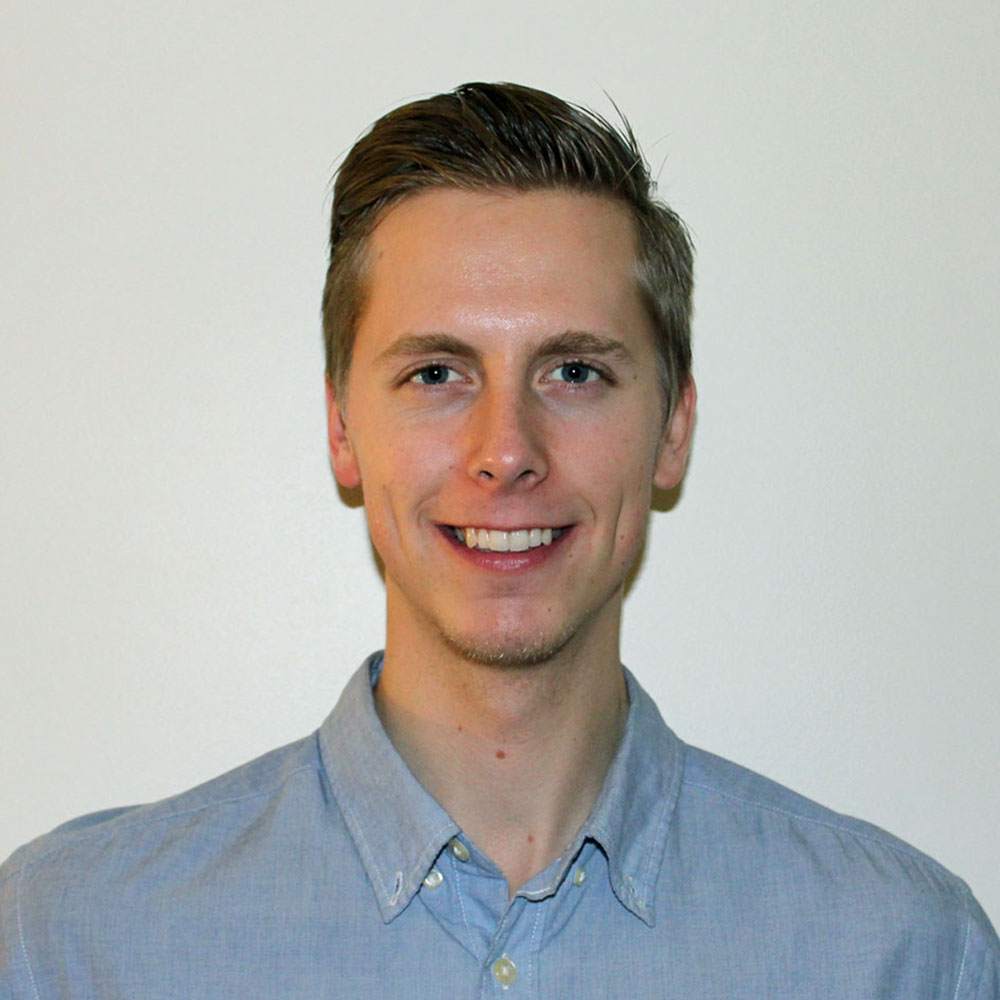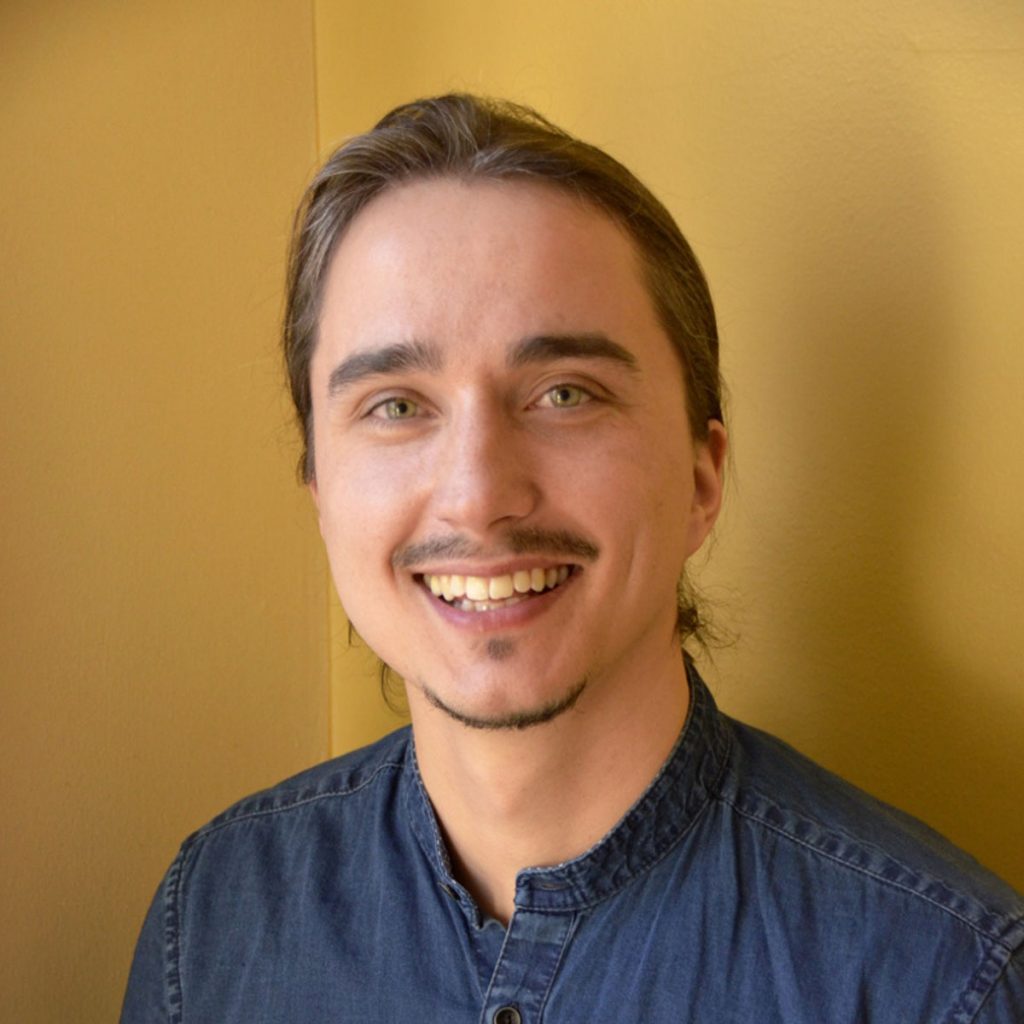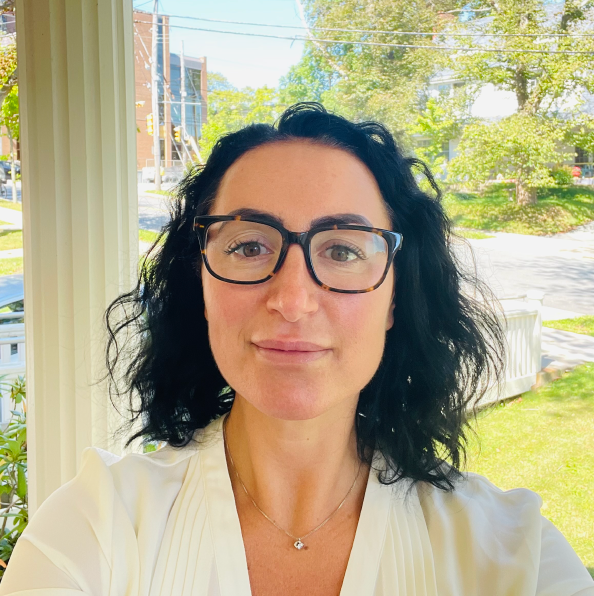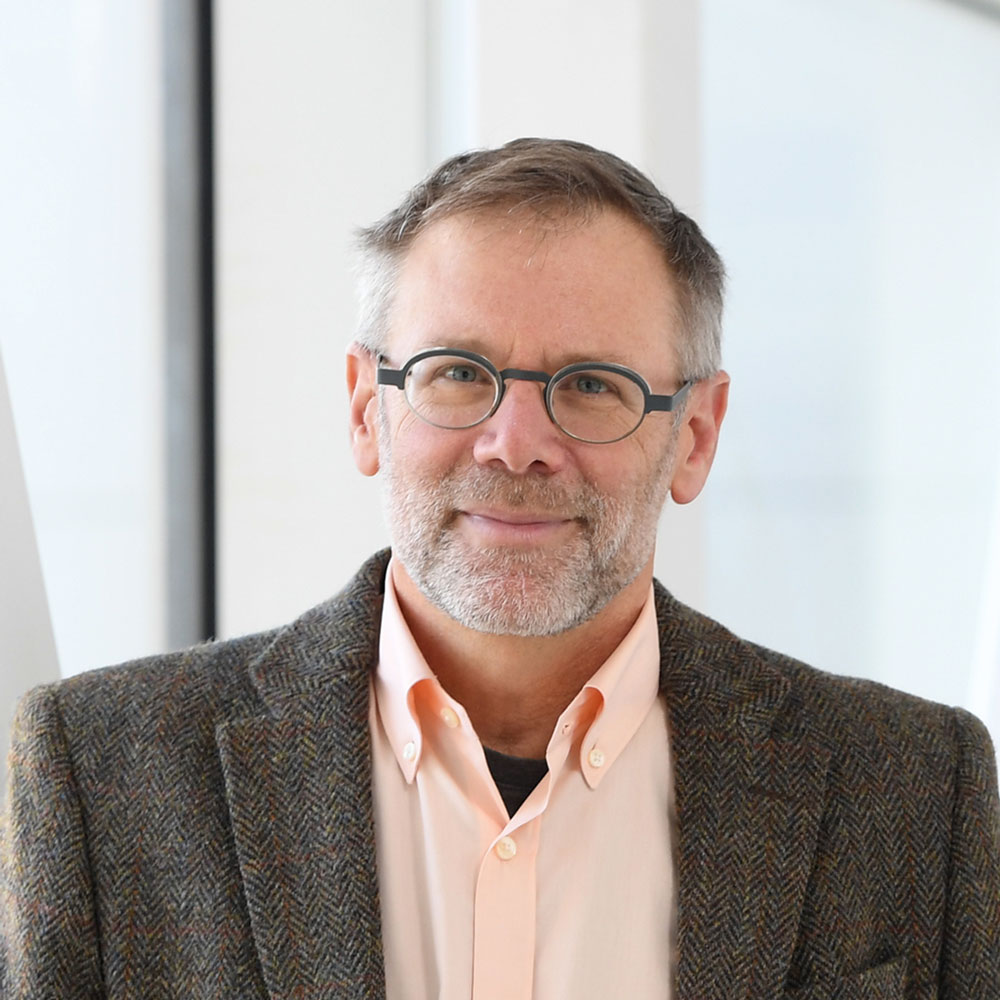Research Sites
There are 14 original research sites participating in the study. Each research site was selected for the diversity it brought to understanding children and youth in high-risk environments. The following are links to information on each research site and results from the first phase of the research:
Canadian Sites
Sheshatshui, Labrador
In addition to poverty, high rates of unemployment, and isolation as a community, the Innu youth of Labrador have among the highest rates of suicide in the world; suicide is the leading cause of death for youth in Sheshatshiu. Media attention has focused on widespread and increasing addiction to solvents among the youth of Sheshatshiu (Context and risk factors provided by IRP site partners, the Sheshatshiu Innu Band Council). Parental neglect, family violence, crime, smoking, and health problems are also above national norms for youth (Sheshatshiu: An Innu community’s battle with addiction. CBC News Online, Dec. 14, 2004, from CBC Website). Despite these risks, youth (with support from their community and elders) are increasingly taking control of their rights and their futures. They are raising their voices to decry environmental atrocities by multinational corporations and government, to fight for self-determination, and to insist that their culture be brought back into community events.
Halifax, Nova Scotia
Youth in Halifax experience marginalization, discrimination, and violence due to sexual orientation, race, ethnicity, and gender. Other threats that youth endure include: mental, emotional, and physical health problems; problems in school; inclusion in criminal activities; homelessness; childhood traumas (such as physical, mental, and sexual abuse); parental alcoholism and drug addiction; personal addiction to alcohol and drugs; early sexual behavior; and poverty (Risk factors and context information provided by the IRP site partners).
Winnipeg, Manitoba (2 Locations)
Youth in Winnipeg experience marginalization, discrimination, and violence due to sexual orientation, race, ethnicity, and gender. Other threats that youth endure include: mental, emotional, and physical health problems; problems in school; inclusion in criminal activities; homelessness; childhood traumas (such as physical, mental, and sexual abuse); parental alcoholism and drug addiction; personal addiction to alcohol and drugs; early sexual behavior; and poverty (Risk factors and context information provided by the IRP site partners).
International Sites
Banjul, The Gambia
Approximately 69% of the population in The Gambia lives below the poverty line (Gambia At A Glance. Unicef. Retrieved from Unicef Website November 6, 2005 from Website). Unemployment and underemployment rates are extremely high and the country relies heavily on sustained bilateral and multilateral aid (The Gambia Demographics. GE World Source. Retrieved November 6, 2005 from GE World Source Website). Other risks faced by youth in The Gambia include poverty, HIV/AIDS, gender-based violence, barriers to school enrollment (particularly for girls), early marriages, and teen pregnancy.
Cape Town, South Africa
Since the end of Apartheid, the government has taken steps to improve basic services; but health, housing, education, sanitation, and access to potable water pose challenges for youth. Vast disparities exist between the rich and the poor in the city, with inequalities falling largely along racial lines (South Africa At a Glance. Unicef. Retrieved November 3, 2005, from Unicef Website (2005)). Other risk factors faced by youth in this setting include: weakening traditional, social, and extended family support systems; a dislocation between generations; gender inequality; violence; drug-related gangs; crime; and HIV/AIDS (Risk factors and context information provided by IRP site partner, Quinton Adams, at Stellenbosch University, South Africa). Nonetheless, youth in Cape Town reported feeling a sense of hope that they could rebuild their communities and successfully find employment.
East Jerusalem, Palestinian Occupied Territories
After five years of the Intifada (Palestinian struggle against Israeli occupation), unemployment has skyrocketed – with a total unemployment rate of 70% in the Gaza Strip and 60% in the West Bank. Since the beginning of the Intifada, more than 500 Palestinian children have been killed and 9,000 have been injured and are living with disabilities. Primary and secondary health care centers lack equipment and medical staff are subject to enforced restrictions. Many children exhibit signs of Post Traumatic Stress Disorder (PTSD), which affects their ability to cope with continuing major life stressors. Daily adversities faced by youth include death and injury to family and friends, crime, poverty, malnutrition, frustration and few, imposed curfews, and home confinement (Palestinian Occupied Territories At a Glance. Unicef. Retrieved November 3, 2005 from Unicef Website).
Hong Kong, China
China, and in particular Hong Kong, has undergone sweeping demographic and social change in recent decades, and much of it has affected youth. Despite this, the Government does not have a consistent policy focusing on youth development. Enrollment levels in schools have skyrocketed; and researchers are now beginning to see the effects of stress related to school pressures in youth. Youth are choosing to marry later, but engage in sexual activity earlier. As a result, the number of abortions in Hong Kong is increasing. Other risks that youth in Hong Kong face include mental health problems and suicide, obesity and eating disorders, crime, drug abuse, and depleted health due to smoking (Risk factors obtained from: Yip, Teem-Wing (October, 2000). A sustained commitment towards youth in Hong Kong: A policy to meet their needs, acknowledge their worth and enrich their lives. Retrieved November 6, 2005 from Website [OUTDATED LINK REMOVED]).
Imphal, India
Manipur has been plagued by insurgency for five decades and has been in violation of human rights across all spheres of industry and government. School children and college students routinely join, or are ironically forced to join, joint action committees protesting violations of human rights. Youth have come to accept violence as a part of their lives, and it is standard procedure to demand compensation money from the government for lives lost. As a result, youth are vulnerable to high-risk behaviors as drug users or as non-state actors in revolutionary movement(s) (All context information, risk factors and statistics provided by IRP site partners Don Bosco and Dr. Irene Salam-Singh, Department of History, Manipur University, India). Imphal provides access to children and youth living in poverty, coping with an economy in transition and confronted by sectarian violence.
Medellín, Colombia
Medellin houses one the most sophisticated drug trafficking operations in the world and has been the victim of its influence (experiencing corruption, violence, insecurity, murder ing of public leaders and policemen). But perhaps the most important heritage left by drug traffickers is a dramatic change in attitudes, practices, and laws and social norms respected in the community. Increasing inequity in Medellin over the past two decades is an important factor influencing social dynamics. Some of the adversities experienced by youth in Medellin include violence, kidnapping, corruption, lack of working opportunities, unequal access to health and higher education, domestic violence, increasing unwanted adolescent pregnancy, and weak social support (Context information and risk factors obtained from IRP Site Partners in Colombia).
Moscow, Russia
Russia has no national youth policy. In 2004, over 500,000 children were in state-care, attributed in part to alarming domestic violence rates, increased abandonment, and orphaning. In Moscow, thousands of youth are homeless and vulnerable to exploitation and prostitution. HIV/AIDS is a rapidly growing epidemic, but the actual number of individuals infected is unknown due to stigmatization (Russian Federation Background. Unicef. Retrieved from Unicef Website). Other risk factors faced by youth in Moscow include: poor health and communicable diseases, sexual and physical violence, high rates of suicide, and malnutrition. Despite cultural, political, and economic disintegration in Moscow, the IRP learned that youth have relied on persistence and consistency to achieve their goals and overcome adversity (Context and risk factors provided by IRP site partners at the Institute of Psychology, Russian Academy of Sciences, Moscow, Russia).
Moshi, Tanzania
Currently, the HIV/AIDS epidemic is a crisis in Tanzania and has orphaned an estimated two-million children (At a glance: United Republic of Tanzania. Unicef, Retrieved November 3, 2005 from Unicef Website). Stigma and denial around the disease create further challenges for youth. Other key adversities in this setting include: poverty, malnutrition, gender-based practices, low quality of education, and inadequate health and social services (Risk factors and context information provided by Project Children’s Rights Trust, Tanzania). Many children are being supported by single parents and by grandparents due to divorce, separation, and loss of parents due to HIV/AIDS.
Tampa, Florida
The city of Tampa ranks 25th in the USA as one of the least safe cities, based on crime statistics (Risk factors and context information provided by IRP site partners at the Louis de la Parte Florida Mental Health Institute). Vehicle theft, rapes, robbery, and aggravated assault are common. The number of children and teens killed by fi rearms in Florida in 2003 was 137, which included 86 homicides, 43 suicides, 4 accidents, and 4 of unknown intent (Florida Crime Index Rates Per 100,000 Inhabitants. The Disaster Center. Retrieved November 6, 2005 from The Disaster Center Website). Other key adversities faced by Florida youth include: mental, physical, and emotional challenges; parental neglect and abuse; and drug abuse.
Tel Aviv, Israel
Despite a flourishing economy for some sectors in the city, populations living outside of the city are often marginalized and economically depressed. The proportion of children living in poverty has increased steadily, with approximately 25% of Israeli children living below the poverty line (Major Issues Facing Children and Young People in Israel. International Youth Foundation. Retrieved November 3, 2005 from International Youth Foundation Website). The issues faced by youth in Tel Aviv include poverty, child abuse and neglect, educational difficulties, and marginalization. Perhaps most pressing is the central-role that war and conflict play in the lives of Israeli youth. The effects are paramount to youth well being; many children in Israel show symptoms of Post-Traumatic Stress Disorder (PTSD) (Context and risk factors provided by IRP site partner Zahava Solomon, School of Social Work, Tel Aviv University, Israel).
New sites are constantly joining the project. The map below shows the areas in which the research is being replicated:
